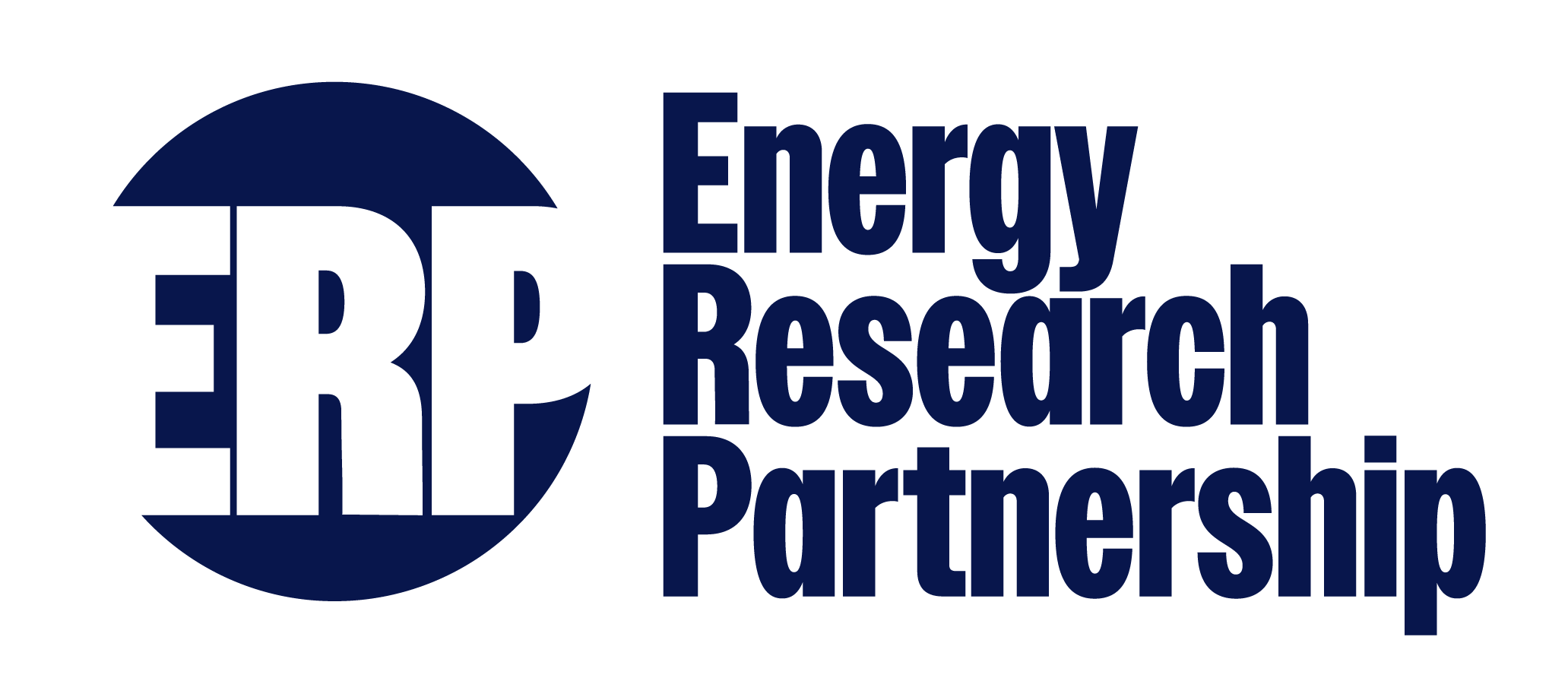ERP has just published a paper that addresses the issue of how the UK currently considers and assesses economic impacts and benefits within five of the UK’s major pathway and scenario works. It additionally considers modelling capabilities (now and in future) and highlights other relevant models or works that can assist with analysis in this area.
The paper concludes by making recommendations for how further analysis of economic and socio-economic impacts can be carried out – by utilising appropriate modelling capabilities (existing and new), to help inform policy from both a top-down and bottom-up perspective of the energy system.
-
- View the Project Page
- View the Main Report
Key recommendations from the work include:
- Further investigation is required to consider how and whether models can be used for more in depth socioeconomic assessments;
- The integration of existing model types should be considered, to enable more socioeconomic analysis and inform policy at a more strategic level.
- Clear communication and transparency regarding the design, premise and limitations of modelling works should be encouraged to avoid the risks of misinforming policy e.g. the effect of economic input assumptions on results obtained.
- Continued and more detailed work to assess the impacts and benefits of specific technologies for GDP, job creation and investment opportunities is encouraged, including at regional levels.
- Analysis of economic growth and job creation should be included as part of, or alongside pathway and scenario works wherever possible. This may involve an additional element of secondary analysis.
- Greater funding support is required for the development of these model types – to improve the quality of outputs and understanding of their potential.
